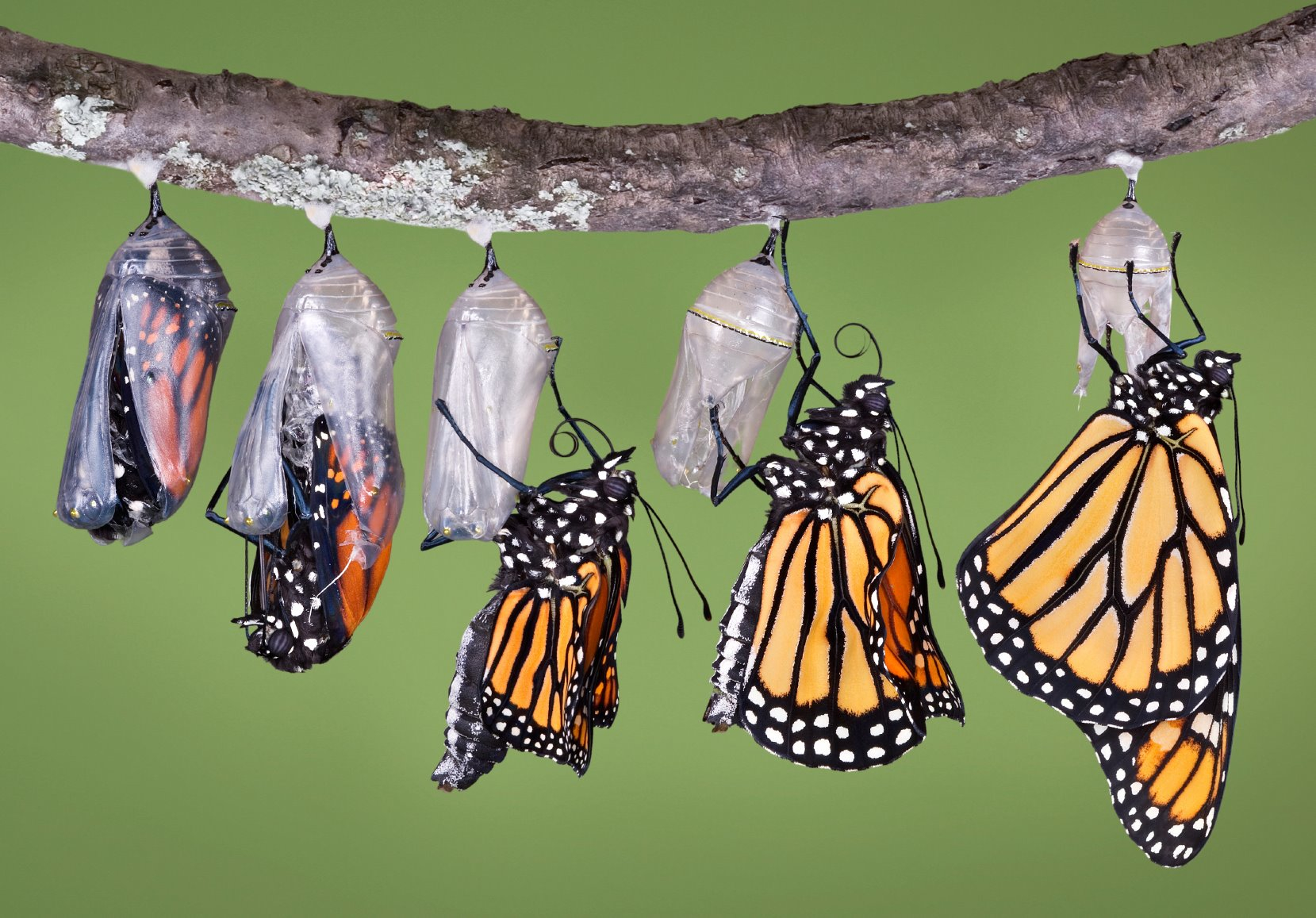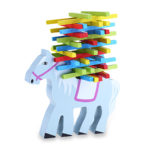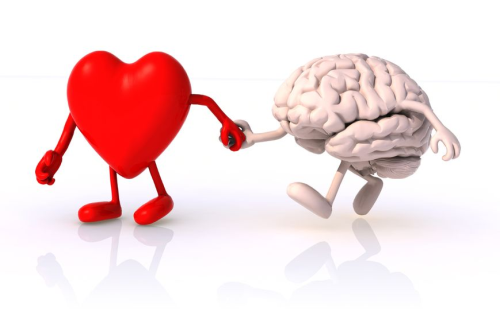We often attribute our difficulties and failures to external factors such as our boss, colleague, professor, friend, or mother-in-law. This certainly has merit. Others can and do influence us in negative ways such as by not giving us the promotion we deserve, bad-mouthing us, tarnishing our reputation or giving us a low grade, thus depriving us of a much-needed scholarship.
Those who hinder us from reaching our goals or cause us unhappiness can be viewed as enemies. Not only they are not helping us, they are also working against us.
Yet, there is a greater enemy, which is within us.
The world is full of self-centered and problematic people who care very little about others. Such people have no problem crushing others in their efforts to reach their career and personal objectives or meeting their emotional needs. Egocentric people have always been around since the start of human history and will always be. Everyone faces such people. Unfortunately, we cannot change these people.
The best strategy to counter the encroachment of others and successfully reach our goals is to maintain healthy personal relationships and grow in personal maturity and develop our career skills. In other words, embark on a journey of personal growth and acquire the skills necessary to reach our dreams.
There are many factors that prevent us from embarking on this journey. These include lack of motivation, lack of curiosity and hopelessness. Yet, the greatest hindrance to our growth is our egos, also known as pride. Our inflated egos are our worst enemies. The larger the ego, the greater the damage is.
Here are some examples to illustrate the point. A large ego prevents an individuals from:
- admitting his need to learn and grow
- asking for and considering the advice of others
- learning from others, especially from younger people
- accepting constructive criticism
- discussing his shortcomings
- admitting and apologizing for his mistakes
- starting his career at a low position where he can prove himself and move up the ladder
An untamed ego can cause more damage to an individual and his relationships than he realizes. For example:
- he is easily offended, and gets angry when overlooked or ignored
- he gets embroiled in conflicts and fights with bosses, colleagues, friends and loved ones
- he puts others down in order to look good
- he borrows money to buy a luxury car which he cannot afford
- he responds in-kind to those who offend him instead of strategically winning them over
- he refuses to seek the help of others in times of need
- he insists on his views and refuses to consider those of others; he cannot work on a team
- he brags about himself and seeks to be at the center of attention annoying people and losing his credibility and respect
Human history is littered with extremely talented and capable leaders whose egos led them to their demise. The same is true for professionals, businessmen, employees, and ordinary people.
Unlike popular belief, egotism is not a sign of courage and manhood. Rather, it betrays one’s fragility and low self-esteem.
While egotists are not loved, humble people are. They elevate others, paying them attention and praising their positive attributes and achievements. They are pleasant company and lighten the burdens of others.
Children’s egos are unnoticeably small. Youngsters are teachable, easily ask for help, accept criticism and are not easily offended. Unfortunately, our egos grow with age. This is understandable, acceptable, and sometimes necessary. Our egos become problematic when they grow to the point of damaging relationships and preventing us from learning and growing.
The causes of large egos are many and complexly interrelated. We shall discuss it in another blog. Let me suffice by saying that cultural factors and low self-esteem blow pressured air into our egos, inflating them to our collapse.

Harout Nercessian
AMAA Armenia Representative














